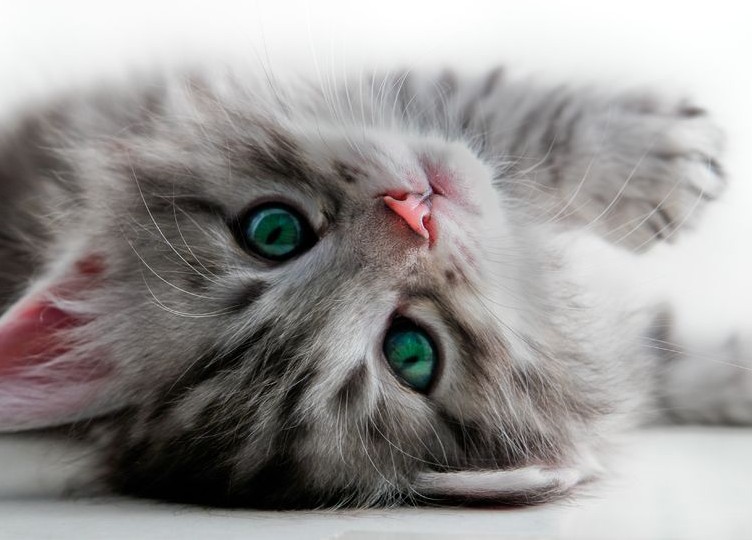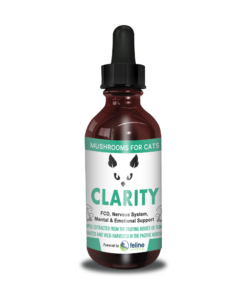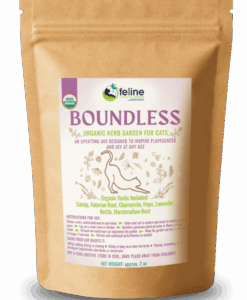Pancreatitis in cats is a condition in which the pancreas becomes inflamed, causing damage to the pancreas and liver. The feline pancreas is a rather small organ, but plays an important and versatile role in maintaining your cat’s overall health.
The job of the pancreas is to create digestive enzymes, which perform the important function of making nutrients able to be absorbed and utilize by the body. It also emits important hormones like insulin and glucagon. When something causes your cat’s pancreas to become inflamed (perhaps an enzymes deficiency, illness, injury toxin or drug), it allows those digestive enzymes to escape – and this is what causes damage to both the pancreas and the liver. It’s important to understand that pancreatitis in cats can (and often does) lead to other diseases that are sometimes even more life threatening. These may include diabetes, liver disease, clotting (or bleeding) issues and even brain damage.
Signs & Symptoms
Cats are rather ‘silent’ when it comes to pain, so it’s important to always pay attention to the behavior of your cat. A cat with pancreatitis – acute or chronic (which basically means ‘mild’ or ‘severe’) – are often simply “not acting themselves’. The most common symptoms of pancreatitis in cats are lack of appetite and lethargy. Other less common symptoms include vomiting and fever. Since cats sleep a lot, lethargy is sometime difficult to detect; however, if you fear that your cat is exhibiting these symptoms, try pushing gently on the abdomen. If your cat seems tender in that area, go ahead and call your vet. It’s better to be safe than sorry.
What To Do
If your cat is experiencing these symptoms, take her to the vet and ask for a pancreatic lipase immunoreactivity (PLI) test. There are many different tests that veterinarians often run to detect pancreatitis, but this test seems to be the best and most accurate from my research. You may want to print out or send your vet this page just in case they are not yet familiar with this test. As always, we suggest consulting with a holistic veterinarian in this process.
Next. Supplementation and a healthy diet. As the integrative pet care expert and veterinarian, Dr. Becker, states, “A cat’s pancreas sometimes doesn’t produce enough lipase, protease, and amylase, which creates a chronic or acute low-grade case of pancreatitis… When your cat’s pancreatic situation is stabilized, one of the best things you can do to reduce the risk of another flare up is to supplement his diet with digestive enzymes“. She continues, “In order to reduce the workload of your cat’s pancreas and reduce organ stress, you need to provide him a constant supply of enough digestive enzymes to process the food he consumes. You can either feed him pancreatic tissue, an option that is quite unappealing to most pet owners, or you can add a digestive enzyme supplement to his meals.”
We always recommend a balanced raw food or a canned grain free diet for cats, but in the case that your cat has suffered from pancreatitis, this is imperative. It’s also recommended to use a ‘low or no’ carb diet. The higher quality, the better – so visit your local nutritional pet store to find what your kitty needs.
As cat parents, we have the responsibility to ensure our kitties are happy and healthy at all times. Don’t let the diagnosis of pancreatitis in cats get you down. Do your due diligence and do your best to provide the proper assistance. Following the above guidance should help you get started. 🙂
Recommended Product for Pancreas Support





Recent Comments